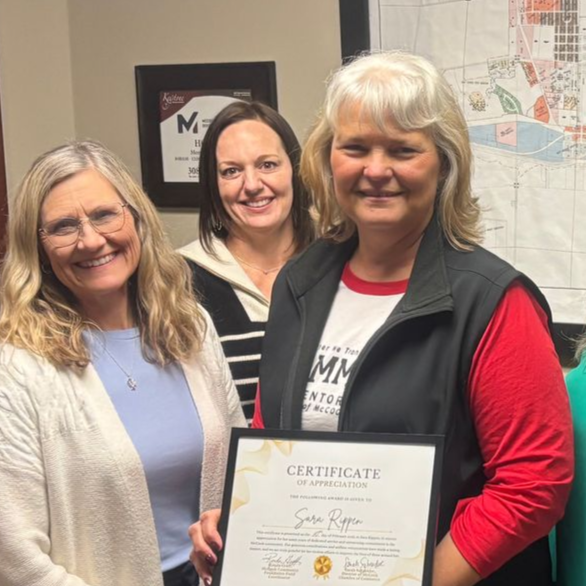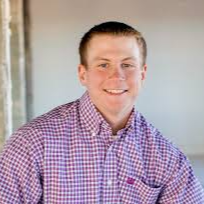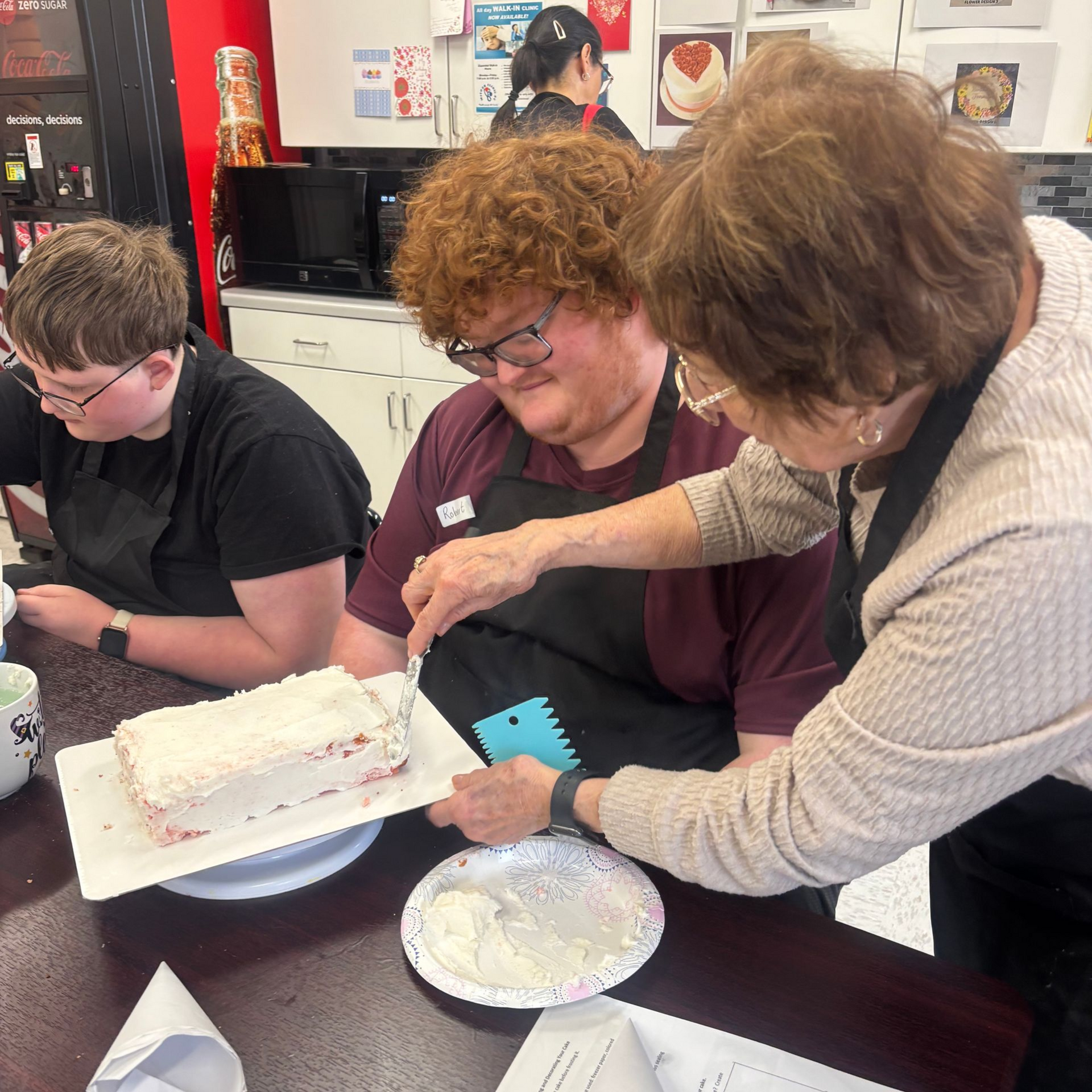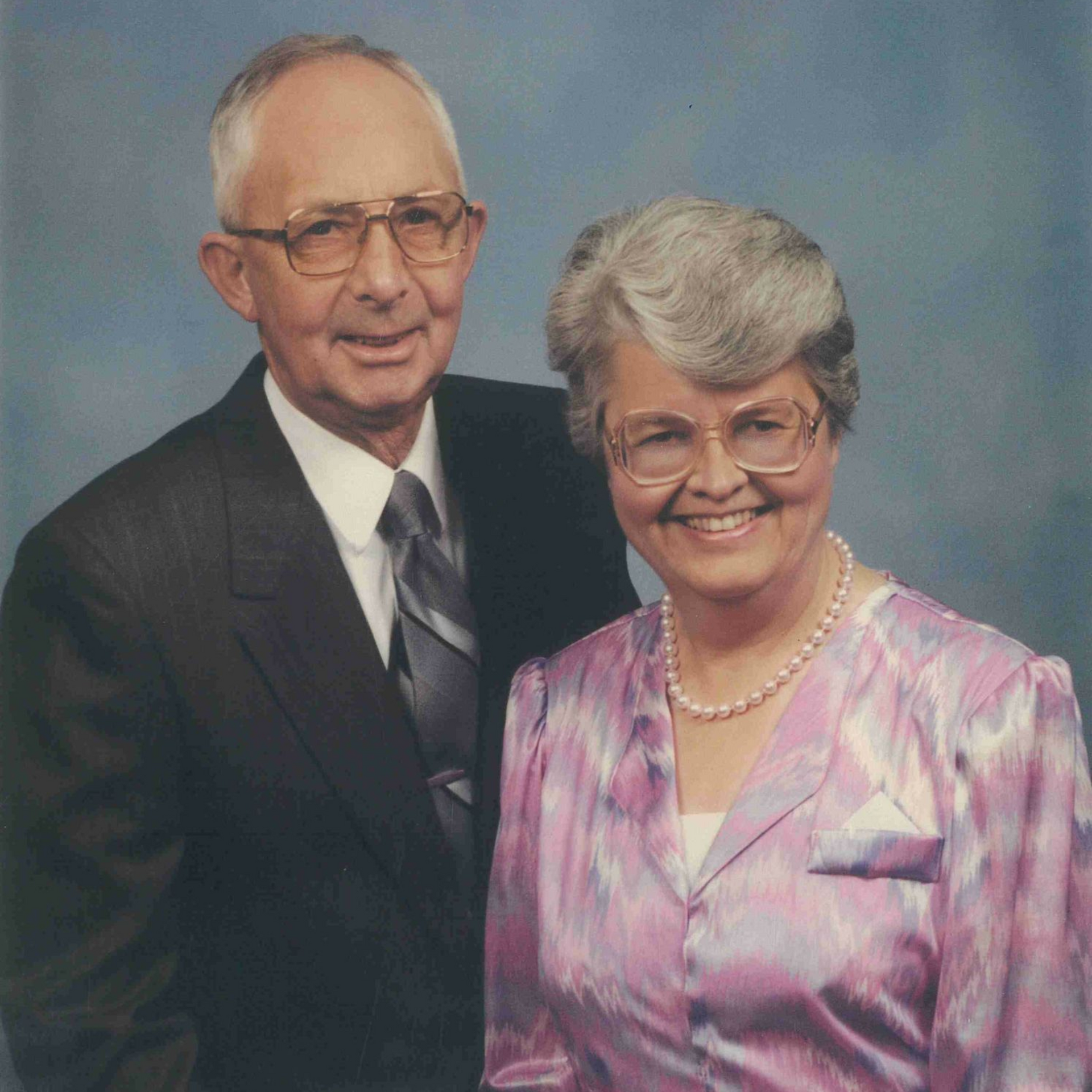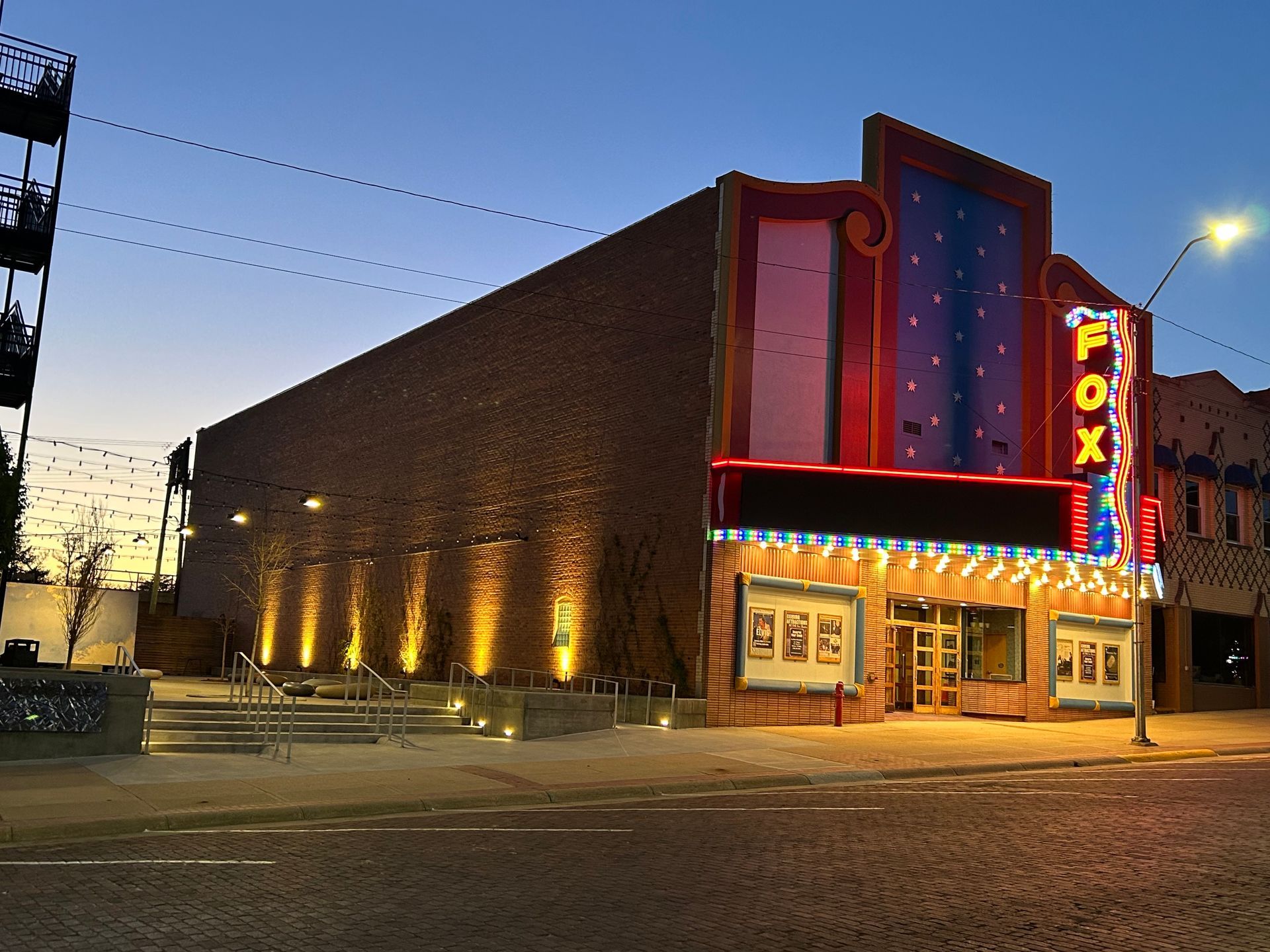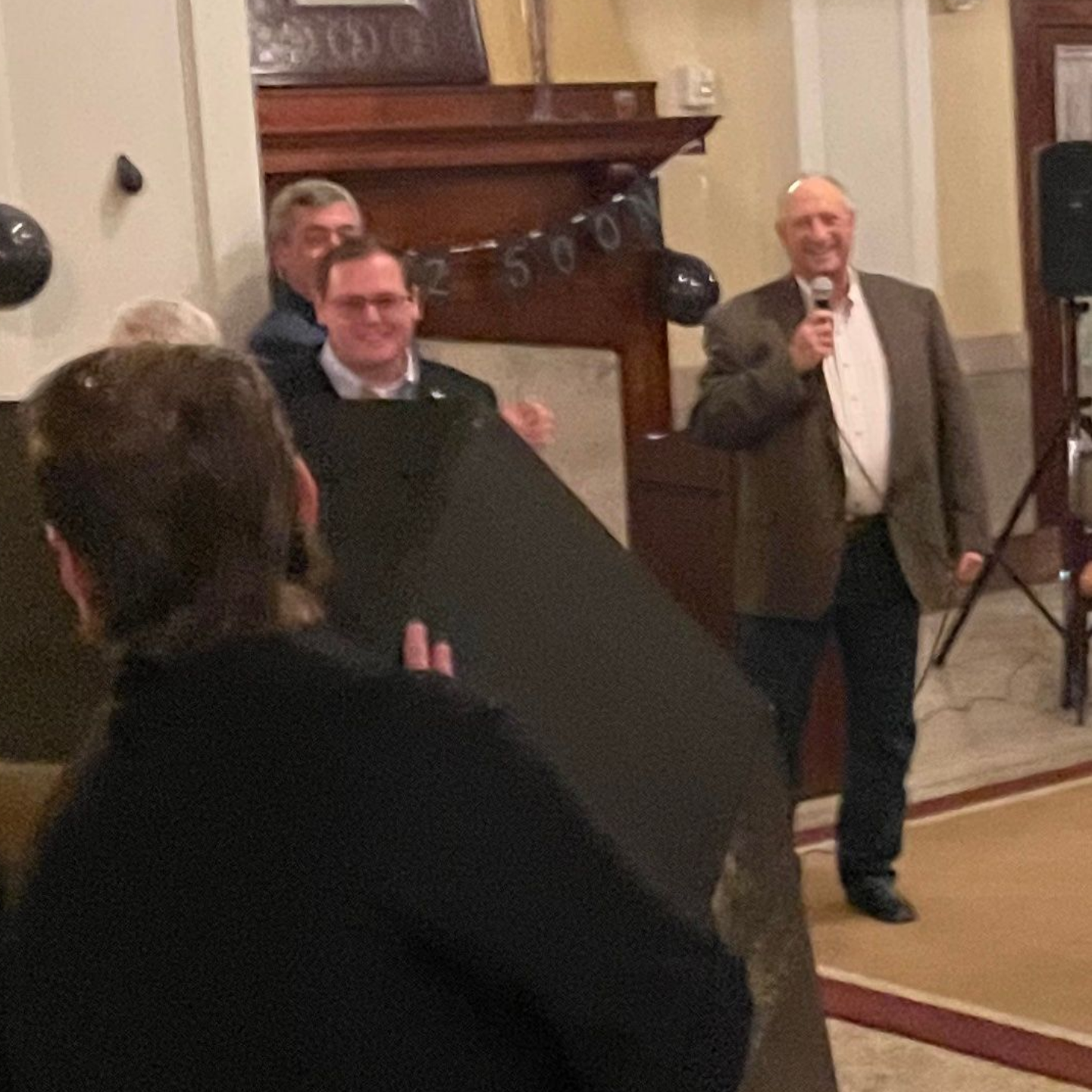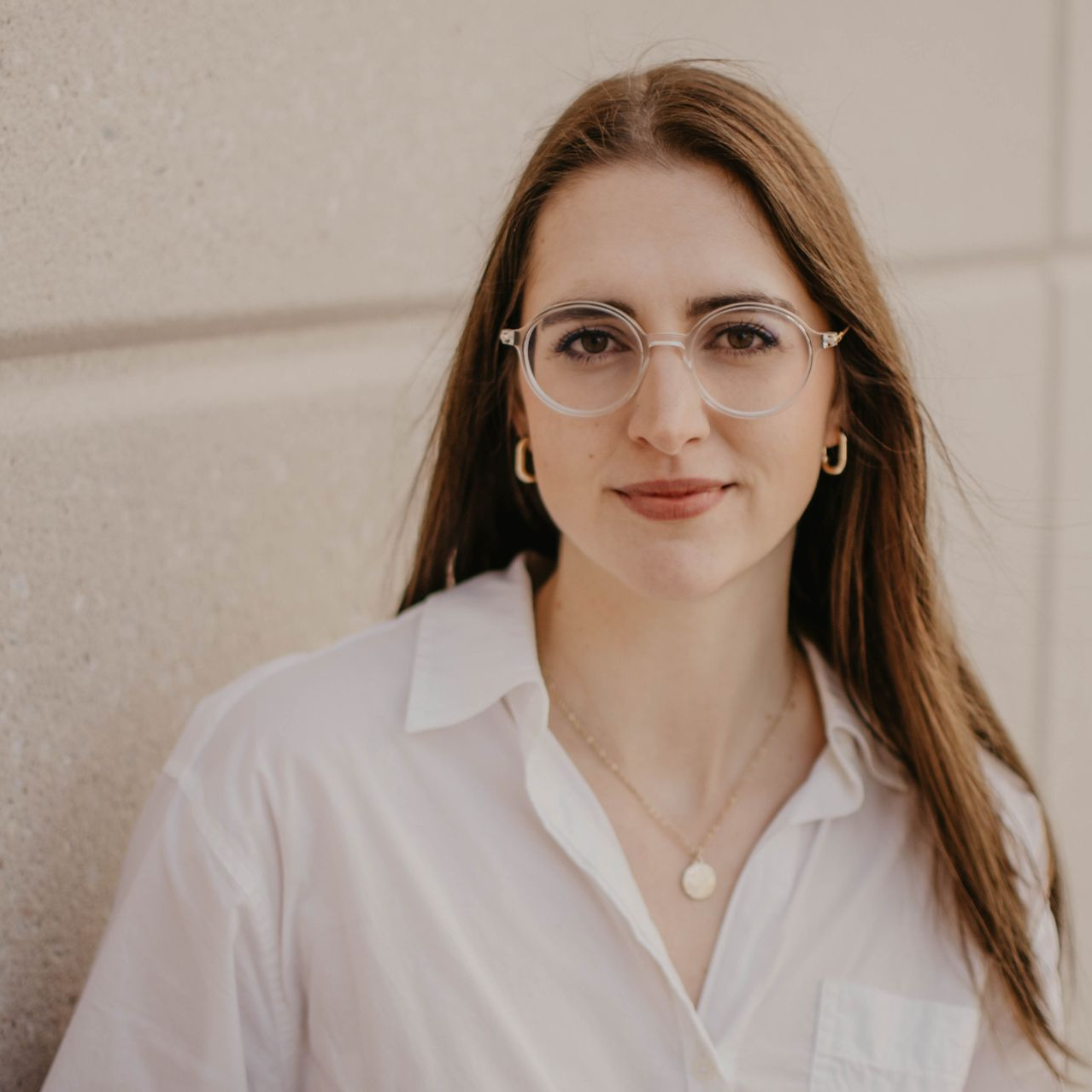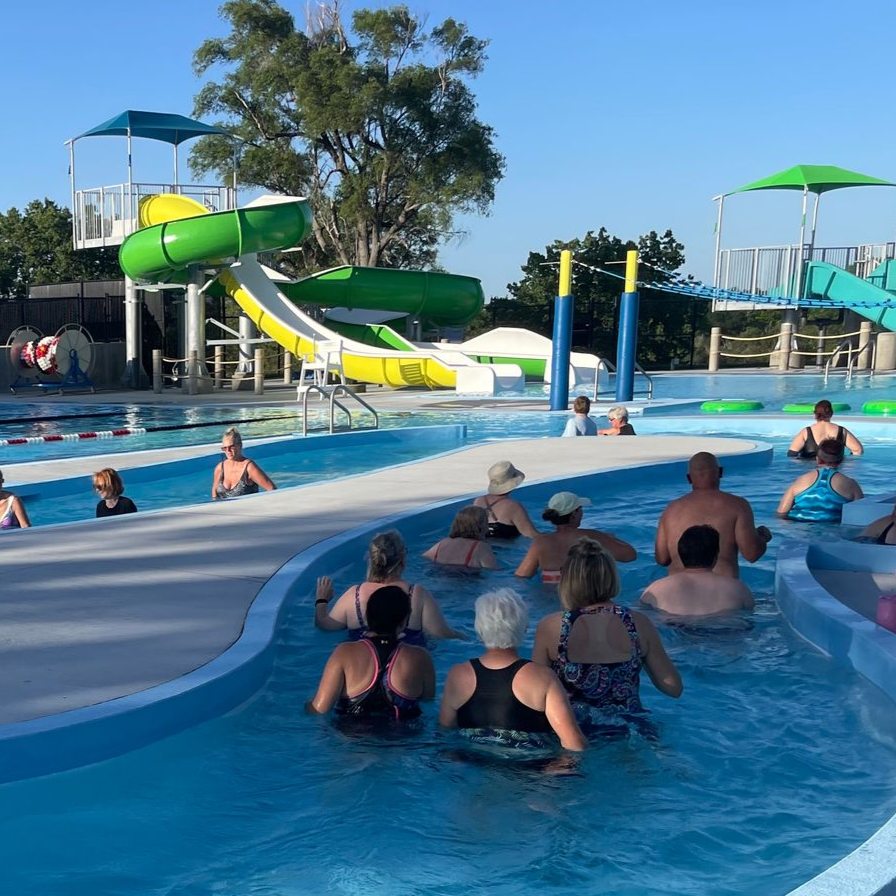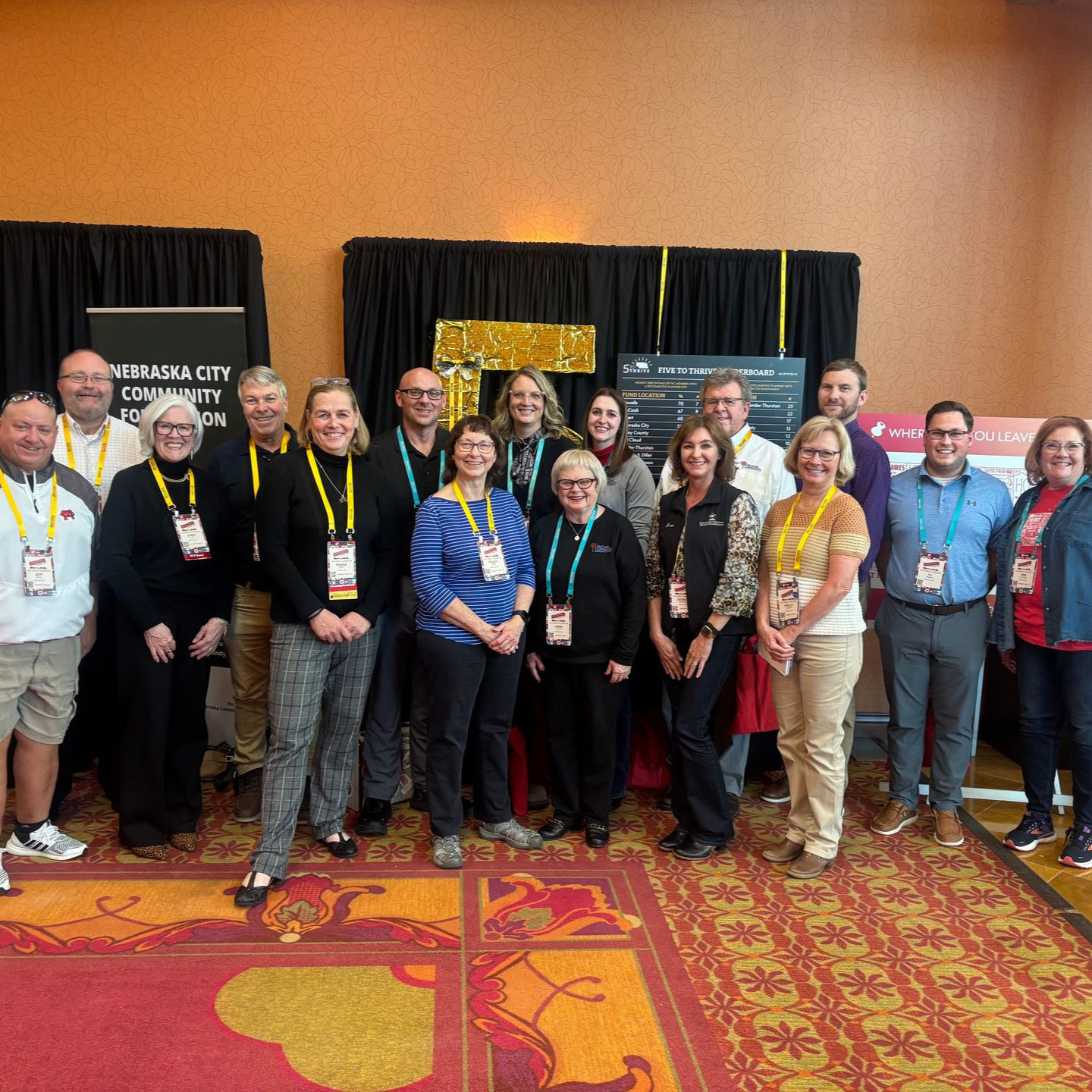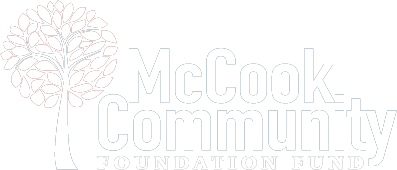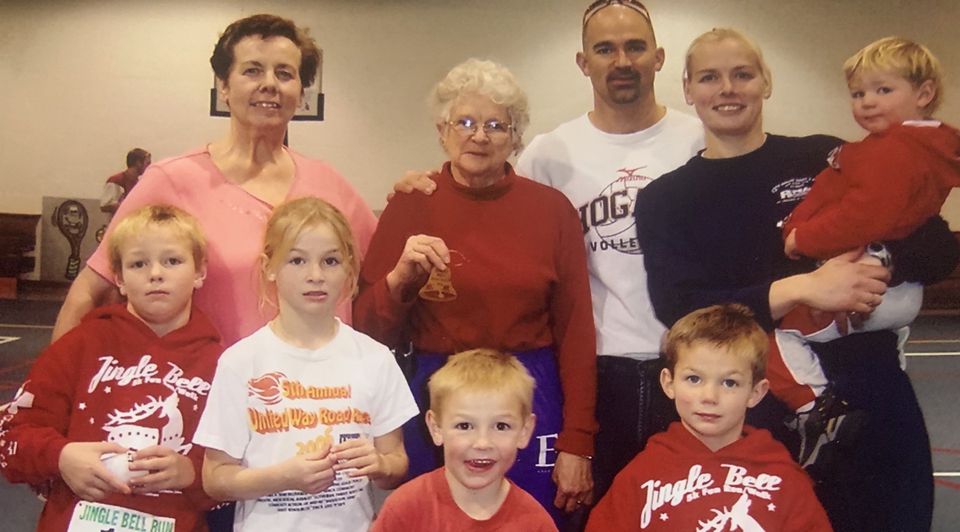
In the early 2000s, my parents moved from McCook to a lakeside retirement community in Arkansas. Even at the time, it didn’t make sense because they had moved from Omaha to McCook just a few years earlier. Not because I lived in McCook but because of something much more persuasive: the grandkids.
As the U-Haul pulled out of the driveway headed south, my parent’s move made me realize that we had taken the situation for granted. My kids had been very fortunate to have all four grandparents alive and living in the same town.
Not surprisingly, my mother missed her grandkids and they returned to McCook after just a year away. For another few years, my kids again enjoyed having all four grandparents at every school program, every sporting event, every birthday party or just hanging out together.
But that ideal situation ended in 2006 when my mother, Linda, died.
For several more years, the remaining three grandparents were in the front row at every event or sitting around the dining table during the holidays. But within four months of each other, both grandfathers, Pete and then Ron, passed away.
This left our kids with one lone grandmother, Dolores Graff, as their final link to that generation. In those final years, she shared stories about her childhood as one of 10 kids, attended Mass at St. Pat’s as often as she could for as long as she could, and refused to let go of your hand as you left her room. But time and her health took its toll and she died earlier this week.
While it is never a perfect time, it was her time to go and it is the end of an era.
There is a part of me which is sad because they have lost that unconditional love from grandparents which cannot be replicated. But I am glad my kids got to know their grandparents and will continue to be influenced by them through their legacies..
Dolores' impact will be felt by both our family and the community for years to come. During her 88 years. she was a force to be reckoned with. After all, if Dolores wanted to see something happen, she made it happen.
Unsatisfied that McCook didn’t offer recycling in the mid-1990s, she started her own recycling center, which was eventually taken over by the city of McCook. She liked to joke that she knew people made fun of the banker’s wife playing in garbage, but she didn’t care. She knew what she wanted and she made it happen.
Dolores was also thorough, much to the chagrin of others. She served two terms on the McCook School Board, even after all her 11 children had graduated from high school. She valued education and simply wanted the best school system for her community.
And she devoted herself to that role. While others “crack” open their packet for the first time at the school board meeting, Dolores would arrive having read and reread every page. She had things underlined, paragraphs highlighted and questions ready to be asked. If she didn’t know the answer, she was going to keep asking and learning until she understood and could make an informed decision.
And Dolores had a penchant for names and faces, not only remembering someone she met years before but also their kids names, where they were going to school and how many dogs they had. Meanwhile, I struggle to remember the name of someone I met five minutes ago. Dolores also loved introducing people to others. Even in her final residence at Hillcrest Nursing Home, she took great pleasure in asking if her nurse or aide knew my husband or me. Never mind that we had met them dozens of times by then, Dolores wanted to make sure everyone knew each other and felt comfortable.
I must admit that there is a twinge of jealousy when I see people able to hug their parents or invite them over for dinner. Or when grandparents fill the stands to watch their grandchildren or simply sit around with a grandchild on their lap.
Instead, I will continue to be grateful for the years we had together, for the meals which always started late and for the many, many stories, from using aloe plants to heal BB guns injuries, to being lost in a blizzard with just one priest to bless us.
Whether it is your parent, your grandparents or just an elderly family friend, don’t take them for granted. Reach out to them as often as you can, whether it’s a phone call or just a text. Heck, maybe even go as far as write them a letter to tell them how much you appreciate them.
And while we’re at it, don’t forget your friends...the family you get to choose. Let them know how grateful you are to have them in your life. My days wouldn’t be as rich without my morning coffee club, my pseudo volleyball team or my Taco Tuesday cohorts.
While this Thanksgiving will look like no other, it is still the perfect time to show gratitude for all of the important people in your life. If your family is near (and it is safe to do so), give them a hug and tell them you love them. If your family is being kept apart, make that phone call and tell them how grateful you are for them.
And if you still have a grandparent around, don’t take it for granted. Instead, be grateful because it will come to an end all too soon.
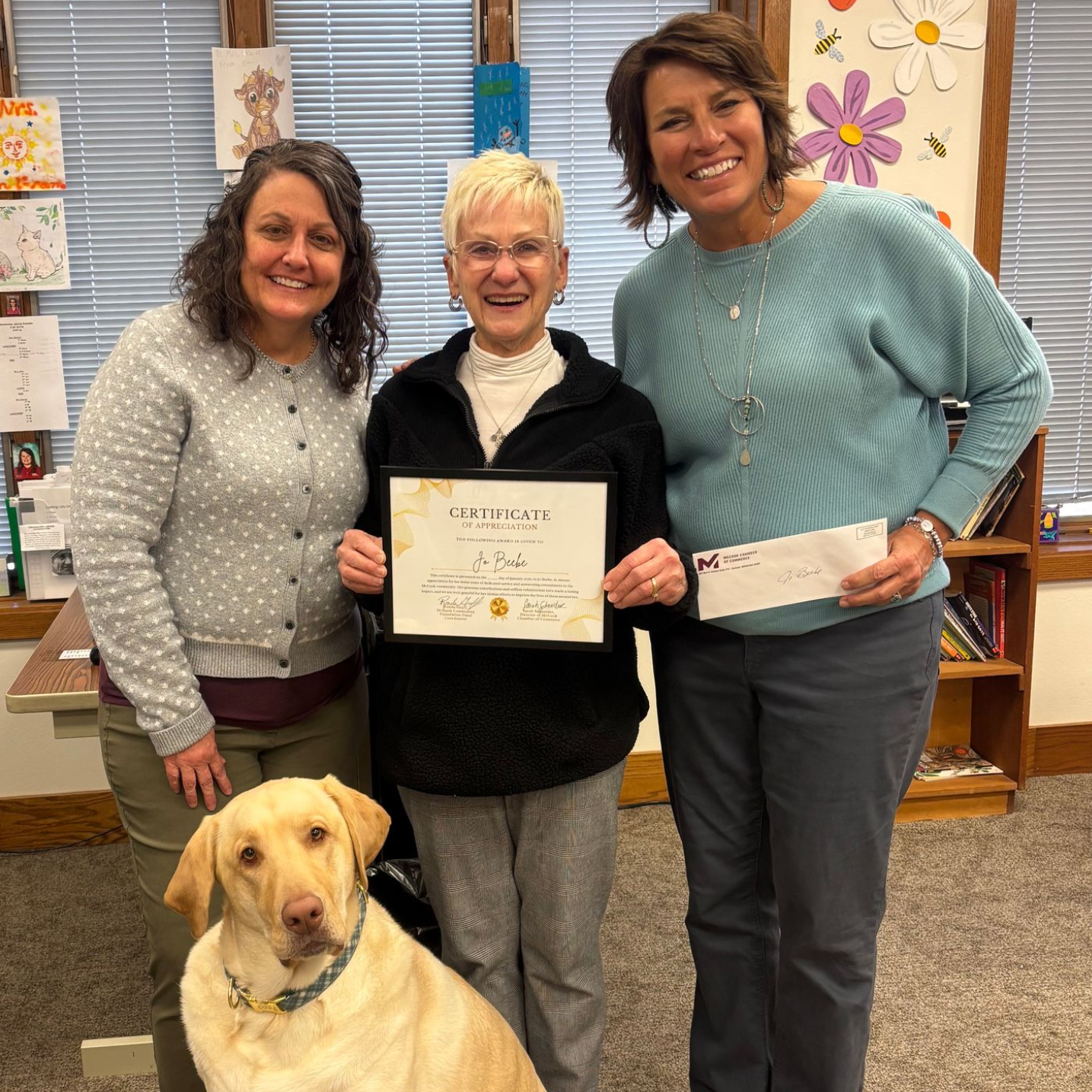
To kick off the new year, Jo Beebe has been selected as the January 2026 McCook Volunteer of the month. While many people might know Jo for her years at the Sports Shoppe, she can be found giving hours of her time to the community, especially at St. Patrick Church. Whether during the weekly Mass or for a funeral or wedding, Jo shares her beautiful voice from the choir loft, as well as leading the choir members. Jo, along with her husband Harold, also has served as the St. Pat’s GALA host couple in the past and continues to help with set-up and cleanup of the annual event. Jo is also active with the Fall Festival, the Rosary Rally and the Wild Game Feed in Curtis every year. She attends every the Order of Christian Initiation of Adults class and helps students prepare for confirmation. And since retiring from the Sports Shoppe, she is active in the Altar Society, and volunteers at the Bargain Bazaar thrift store. According to her nomination, “The way Jo gives of her time and talents to our parish and community is a reflection of her faith,” and the community and the church are better because of her generosity. The McCook Philanthropy Council selects the monthly recipient for the McCook Volunteer of the Month award as part of the McCook Community Foundation Fund’s McCook Volunteer program. If there is a volunteer in the community who should be recognized, please contact the McCook Chamber of Commerce at 308.340.3200 or visit McCook Volunteers on the MCFF website, mccookfoundation.org to complete a nomination form. The only requirement is that the nominee must be a resident of McCook or Red Willow County. Please have information about the nominee along with where and how they volunteer in the community.

